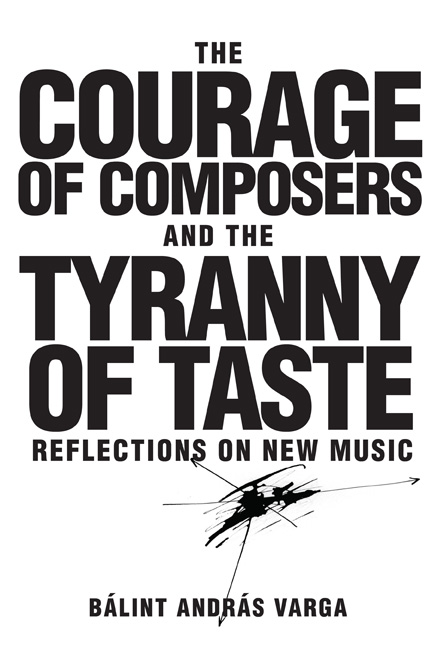38 - Sir Nicholas Kenyon (b. 1951)
Published online by Cambridge University Press: 22 May 2021
Summary
It is, I believe, part of the British education system—and, indeed, of British thinking—that you study one thing and end up doing something wholly different. Education is supposed to teach you to think, it hones your brain; having a specialist knowledge of any one field is less important. Paul Griffiths, for instance, has a degree in biochemistry from Lincoln College, Oxford, which has not prevented him from devoting his life to music. Nick Kenyon majored in history (less far removed from his eventual career) at Balliol College and on graduation joined the English Bach Festival. He was subsequently active as a music critic—for the New Yorker, the Times (of London), and the Observer—before finding employment with the BBC.
That is where I first met him. As representative of the Austrian music publisher Universal Edition (UE), the “Controller, BBC Radio 3,” was an essential contact for promoting the catalog—with, for, or against. Nick became an absolute must when, in addition, he assumed responsibility for the Proms, the most substantial and high-profile music festival in Great Britain. He filled that position for most of my time with UE, 1996–2007.
I cannot say I achieved much for our composers: Nick was impeccably polite and frustratingly noncommittal. I suppose we both played the roles allotted to us by life the best we could.
He has very impressive credentials to prove he has played his role with singular success: to begin with, he was entitled to put three letters after his name, CBE, standing for Commander of the Most Excellent Order of the British Empire (New Years Honours 2001), and three other letters were appended before it when he was knighted in 2008. On leaving the BBC in 2007, he was appointed managing director of the Barbican, a prestigious music center in the City of London. I am happy that he has agreed to sum up his views regarding his profession in the following essay.
London, November 22, 2015
Taste is not a tyranny. Taste is a measure of our changing sensibility. As T. S. Eliot so memorably put it, “sensibility changes from generation to generation, but expression is changed only by a man of genius.”
- Type
- Chapter
- Information
- The Courage of Composers and the Tyranny of TasteReflections on New Music, pp. 241 - 244Publisher: Boydell & BrewerPrint publication year: 2017

